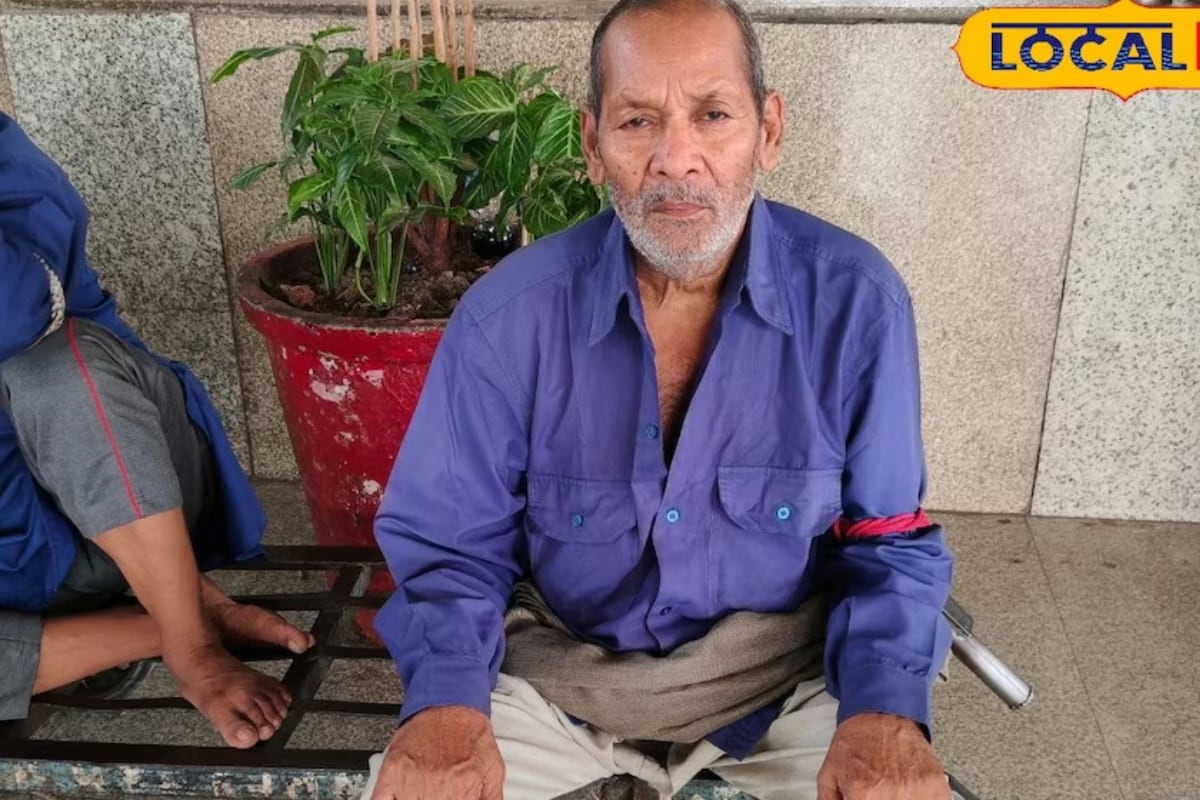

In the bustling metropolis of Delhi, where dreams are forged and fortunes sought, a 72-year-old man defies conventional expectations by working as a "coolie," or porter, at a railway station. What makes his story particularly compelling is that, unlike many who take on such labor out of financial necessity, this individual owns 7 bighas of land.
This narrative challenges preconceived notions about work, wealth, and the human spirit. It prompts us to consider what motivates a person to engage in physically demanding labor despite possessing considerable assets. Is it a sense of purpose, a desire to remain active, or perhaps a deeper connection to a past way of life? The answers likely lie in the individual's unique experiences and perspective.
The man's choice to work as a coolie could stem from a variety of factors. Perhaps he enjoys the daily interaction with people from all walks of life. The railway station, a microcosm of India itself, offers a constant stream of new faces and stories. The physical activity might also be a draw, providing a sense of vitality and warding off the stagnation that can come with retirement. Furthermore, it's possible that he comes from a family with a history of working as porters, and he feels a sense of duty or connection to that heritage.
Whatever the reasons, his story serves as a reminder that wealth is not always the primary driver of human action. Intrinsic motivations, such as a sense of purpose, social connection, and physical well-being, can be just as, if not more, important. His dedication to hard work despite his financial standing is an inspiring example of resilience and a strong work ethic.
Beyond the individual story, this situation also raises broader questions about economic disparity and opportunity in India. While this 72-year-old man owns a significant amount of land, many others struggle to make ends meet, highlighting the uneven distribution of resources. His choice to work as a coolie, even without needing the income, could be interpreted as a commentary on the dignity of labor and a rejection of societal expectations based on wealth.
In a society often obsessed with material success, this man's story provides a refreshing counterpoint. He reminds us that there is value in all types of work and that true fulfillment comes not just from what we own, but from what we do and how we connect with others. His life as "Coolie No. 75," despite owning 7 bighas, is a testament to the human capacity for resilience, purpose, and a life lived on one's own terms.